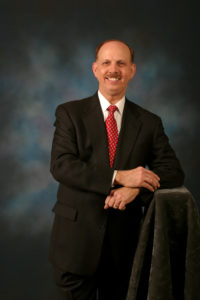Question: Is Exposure to COVID-19 For Nurses and Other Healthcare Workers, Causing Illness, Disability, or Death, Considered an Employment-Related Injury Under Workers’ Comp Coverage?
 By Amanda I. Forbes, J.D. and George F. Indest III, J.D., M.P.A., LL.M., Board Certified by The Florida Bar in Health Law
By Amanda I. Forbes, J.D. and George F. Indest III, J.D., M.P.A., LL.M., Board Certified by The Florida Bar in Health Law
In answering the question posed in the title of this blog, first, it should be noted that the World Health Organization (WHO) classifies COVID-19 as an “occupational disease.” (Reference: World Health Organization, “Coronavirus Disease (COVID-19) Outbreak: Rights, Roles and Responsibilities Of Health Workers. . . .”)
Click here to view the classification by the WHO on our website.
Most state workers’ compensation laws cover the worker for occupational diseases if the worker acquires it during the course and scope of their employment. For example, Section 440.151(2), Florida Statutes, states:
Whenever used in this […]








